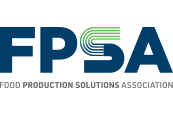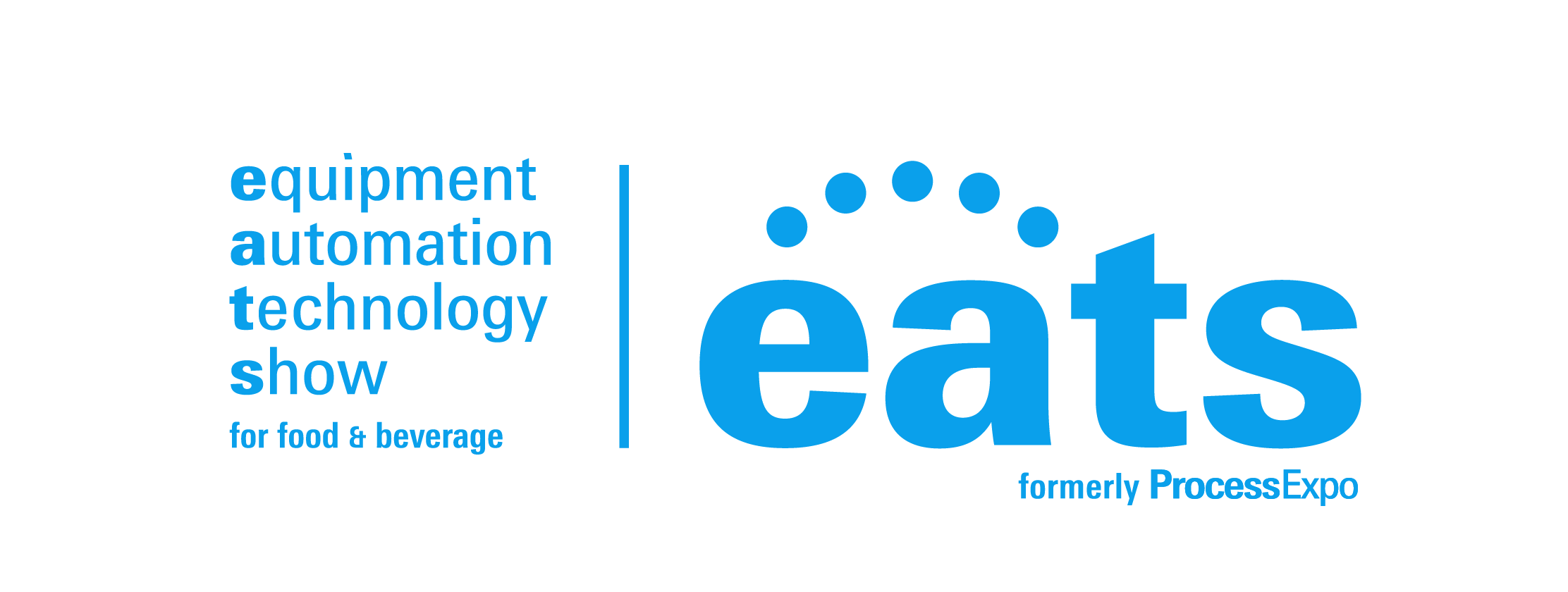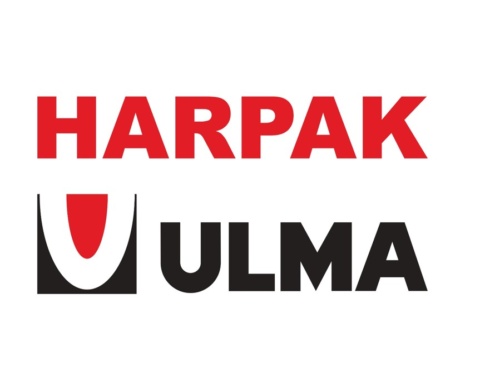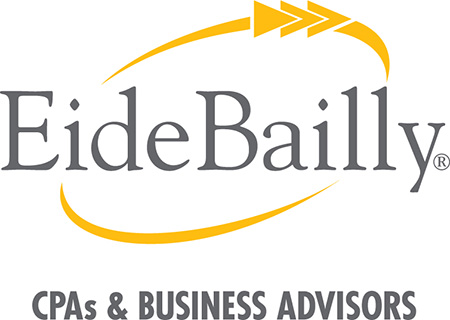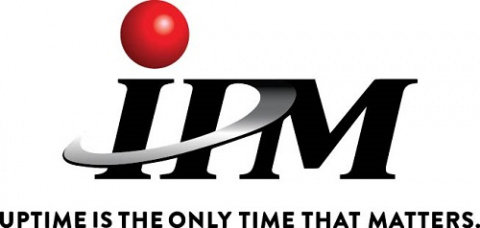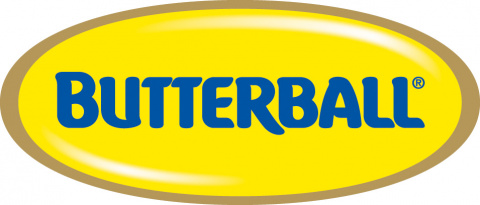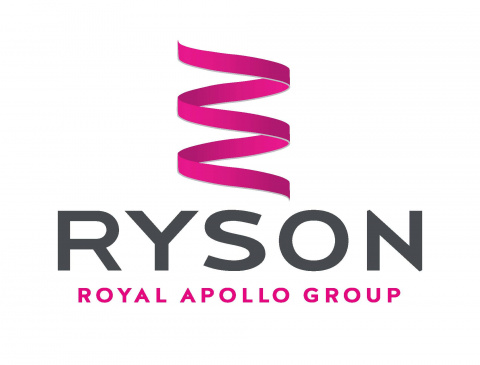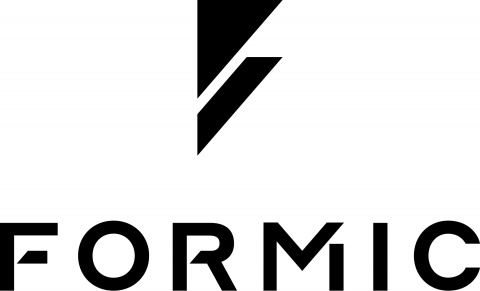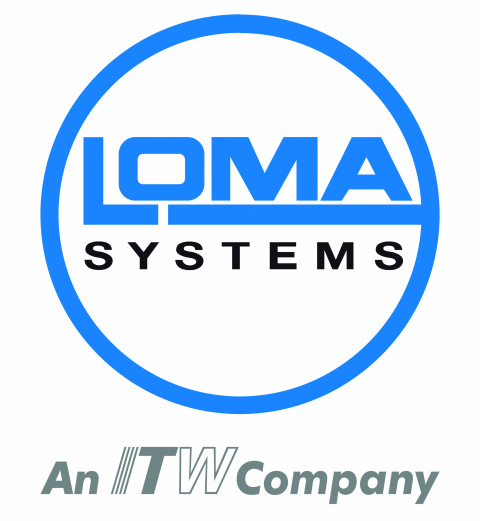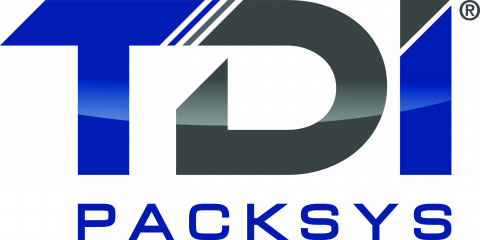(as April 24, 2020)
On April 24th, President Trump signed into law a multibillion-dollar amendment to the CARES Act as the depth of the economic impacts of the COVID-19 crisis continues to become more apparent. The amendment includes increased funding for small businesses and financial institutions, and healthcare entities. The original act, which was passed and signed into law on March 27, provided for more than $2 trillion in funding for small businesses, unemployment compensation, and larger distressed business assistance.
One of the most impactful programs that was established in the original legislation was the Paycheck Protection Program (PPP). The PPP was funded approximately $349 billion and overseen by the Small Business Administration (SBA). In the span of less than two weeks, some 1,660,000 loans had been allocated by almost 5,000 lenders around the country. This accounted for nearly $343 billion of those initial funds and had the practical effect of rendering the program obsolete, without further funding.
Set-Asides for Insured Depository Institutions, Credit Unions and Community Financial Institutions
This latest stimulus package, titled Paycheck Protection Program Increase Act of 2020, allocates to the PPP more than $310 billion in additional funding. Further, the PPP Increase Act sets aside portions of the SBA’s additional allocations to smaller insured depository institutions, state and federal credit unions and community financial institutions.
Specifically, the amendment requires the SBA to ensure that a minimum of $30 billion in loans are made by insured depository institutions and credit unions whose consolidated assets range between $10 billion and $50 billion. An additional minimum of $30 billion in loans must be made by community financial institutions, insured depository institutions and credit unions with less than $10 billion in consolidated assets.
The amendment defines a “community financial institution” as:
- any minority depository institution (where 50 percent or more of the voting stock is owned by minority individuals, or a majority of the board of directors is minority and the community that the institution serves is predominantly minority)
- a development company certified under Title V of the Small Business Investment Act
- an intermediary, as defined by Section 7(m)(11) of the Small Business Investment Act
The SBA will resume accepting PPP loan applications on April 27 at 10:30 a.m. ET from approved lenders on behalf of any eligible borrower.
Agricultural Enterprise Eligibility for EIDLs
The PPP Increase Act also adds agricultural enterprises, which includes “those small business concerns engaged in the production of food and fiber, ranching, and raising of livestock, aquaculture, and all other farming and agricultural-related industries,” to the list of businesses eligible to receive EIDLs and emergency grants. Previously, the SBA had considered agricultural enterprises as ineligible to receive EIDLs, but under the amendment agricultural enterprises, so long as they have 500 or fewer employees, may now be eligible to apply for an EIDL.
Additional Healthcare Allocations
This amendment also allocates an additional $75 billion to hospitals and healthcare providers and $25 billion for research, validation, manufacture, purchase, and administration of COVID-19 tests. Some supplementary administration appropriations for the SBA and Health and Human Services have also been included in this new law.
[***Please note that these materials are provided for informational purposes only and should not be a substitute for legal or accounting advice. In all instances, individuals and companies should consult with their own legal and accounting professionals]
